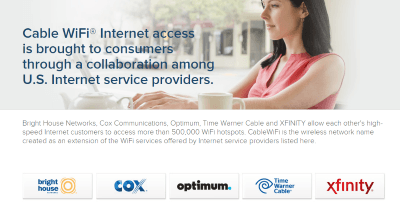 Viewers hoping to see their last Cialis ad while watching 60 Minutes online now have that option as CBS announces the introduction of a commercial-free plan for its All Access subscription service.
Viewers hoping to see their last Cialis ad while watching 60 Minutes online now have that option as CBS announces the introduction of a commercial-free plan for its All Access subscription service.
For an extra $4 a month, CBS will remove all online advertising from its current run and new shows. Those who don’t mind the ads can continue to pay $5.99/month, which includes an ad free experience for older content the network calls CBS Classics. Current CBS programming includes a heavy load of advertising and it is often repetitious. For some, $9.99/month is not too much to pay for the complete removal of commercials.
“The foundation of CBS All Access is not only about giving CBS fans access to more of the content they want, but also giving them more choice in how they watch their favorite CBS programming,” said Marc DeBevoise, president and chief operating officer of CBS Interactive. “The addition of a commercial-free plan gives our subscribers even more ways to customize their CBS viewing experience – from which devices to whether they watch in or out of the home, and now with commercials or without.”
Current subscribers will have the option to move to the commercial-free plan by logging on to their account through CBS.com.
For the commercial-free plan, CBS All Access’s live-streaming offering of local CBS Television stations, available throughout the U.S. in more than 150 markets, will continue to feature the same commercials as the over-the-air broadcast, and select on-demand shows will include promotional interruptions.
CBS All Access is available online at CBS.com, on mobile devices and tablets via the CBS App for iOS, Android and Windows 10, and on Roku Players, Apple TV, Xbox One, Xbox 360, Chromecast, Android TV, Amazon Fire TV and Fire TV Stick, with more connected device platforms coming soon.


 Subscribe
Subscribe


 Comcast has confirmed new Altice USA and Charter Communications customers that used to subscribe to Cablevision, Time Warner Cable, and Bright House Networks will be able to continue accessing the free nationwide Cable WiFi roaming service, even though Altice and Charter are not members of the consortium that runs it.
Comcast has confirmed new Altice USA and Charter Communications customers that used to subscribe to Cablevision, Time Warner Cable, and Bright House Networks will be able to continue accessing the free nationwide Cable WiFi roaming service, even though Altice and Charter are not members of the consortium that runs it. Community broadband advocates will have to redouble their efforts to overturn state laws that restrict or prohibit municipal broadband, because the Federal Communications Commission today signaled it will no longer be a part of that fight.
Community broadband advocates will have to redouble their efforts to overturn state laws that restrict or prohibit municipal broadband, because the Federal Communications Commission today signaled it will no longer be a part of that fight.